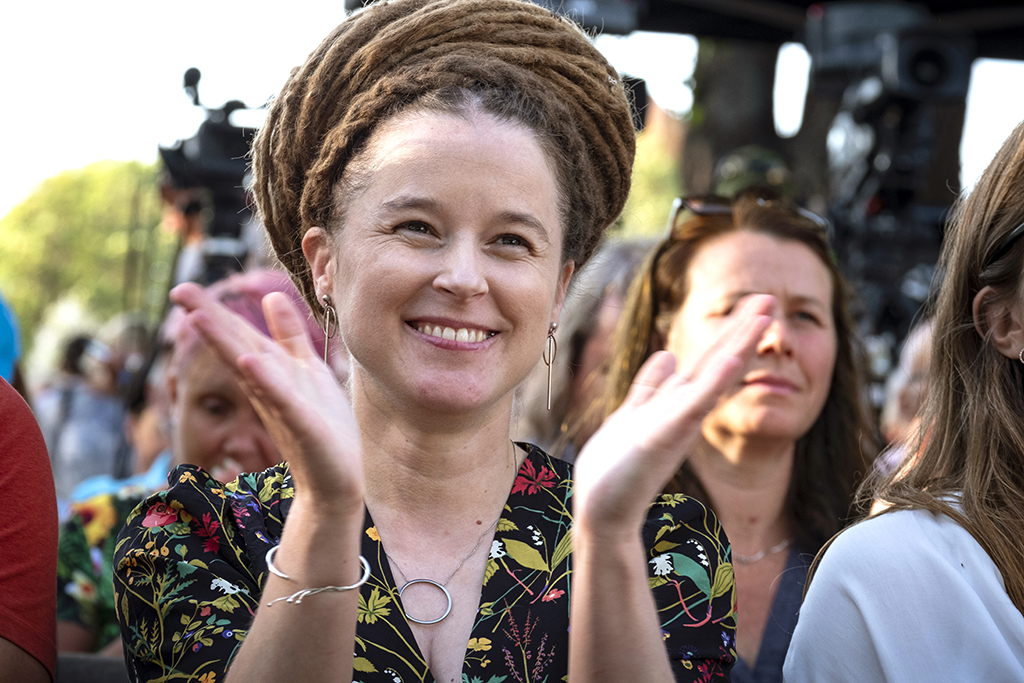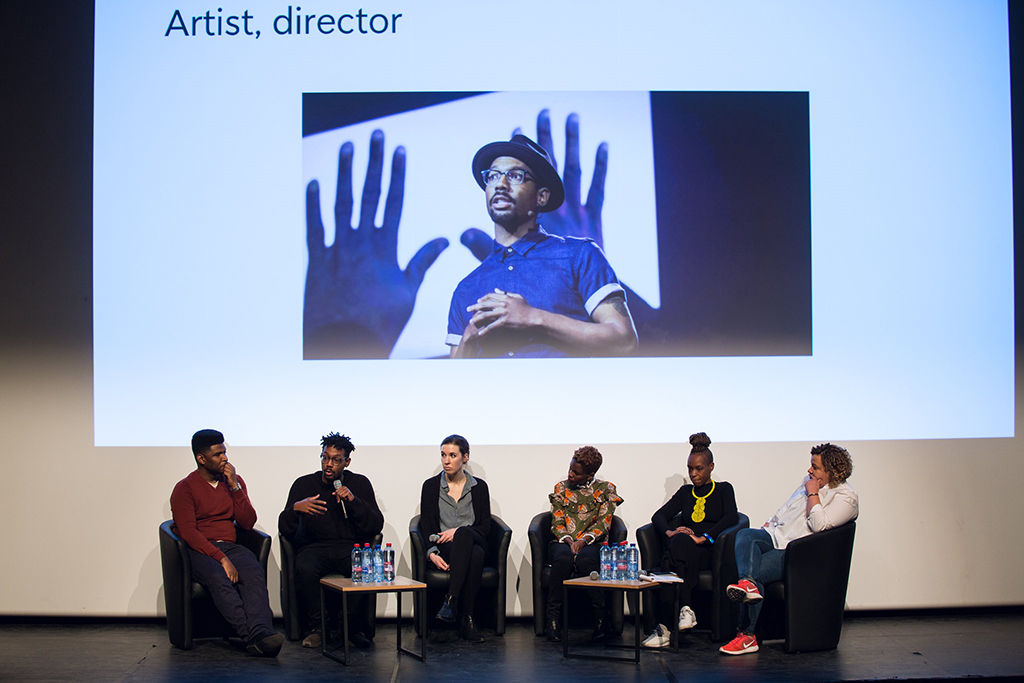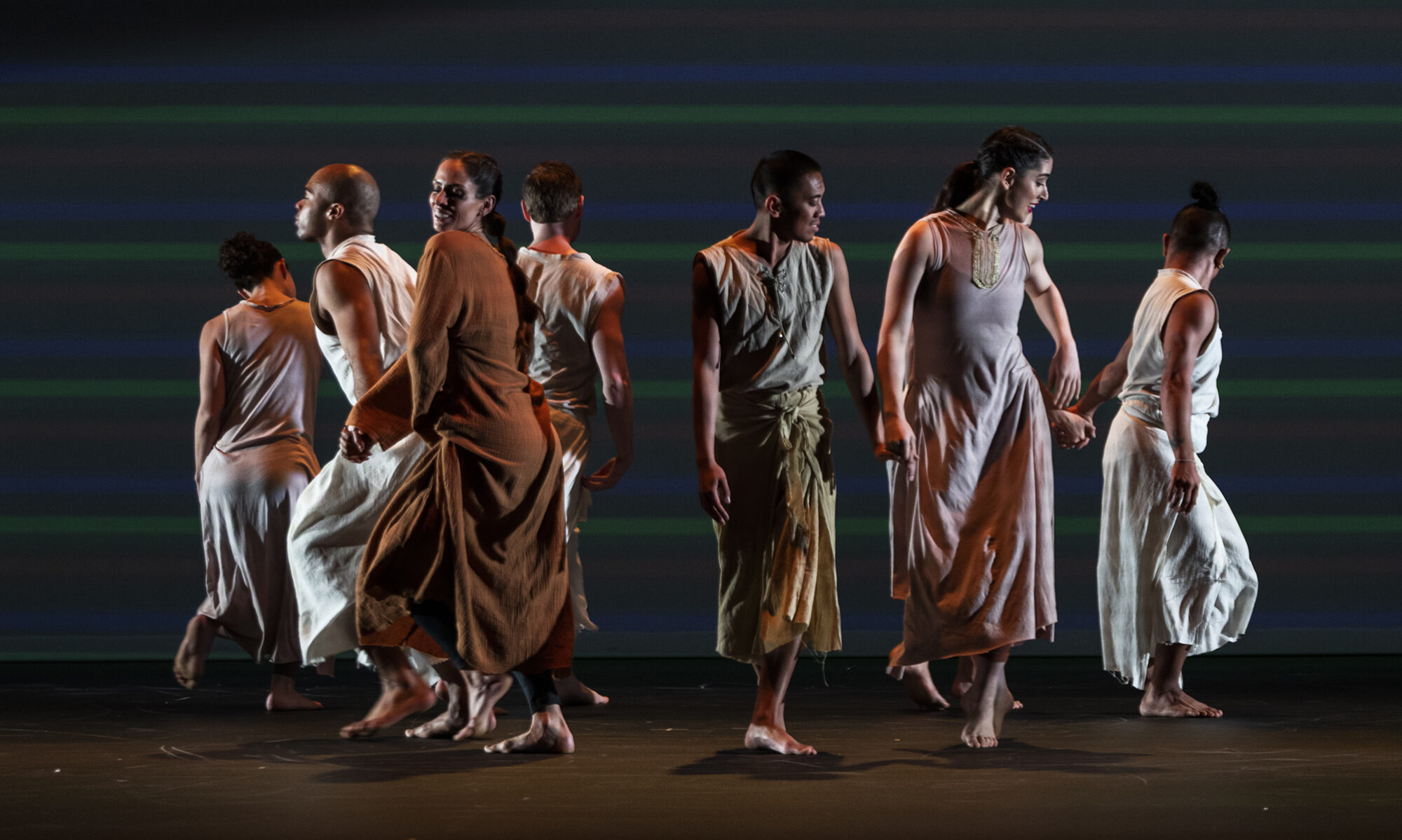Lessons from a recent experience of being Minister of Culture

Amanda Lind is a politician for the Swedish Green Party. She studied psychology at Umeå University and received her master’s degree in 2009. Lind became a member of the Swedish Green Party in 1999 and was a member of the Umeå municipal council from 2002 to 2004. Lind worked as a child and youth psychologist for Västernorrland County council from 2009 to 2011. In 2010, she was appointed spokesperson for the Härnösand Green Party and in 2012 as spokesperson for Västernorrland. Between 2011 and 2014, she chaired the social affairs committee in the municipality of Härnösand with responsibility for cultural, environmental, planning and recreational issues. Lind was municipal councillor and first vice-chair of the municipal council in Härnösand from 2014 to 2018. She became the Green Party secretary in 2016. From 2019 to 2021, she was the Swedish Minister for Culture and Democracy, with responsibility also for sport and national minorities in the cabinet of Prime Minister Stefan Löfven.
The Green party left the Swedish government in November 2021 so I am no longer a Minister. Nor am I a member of parliament for the moment, but I’m going to a candidate during the elections next autumn. As the Minister for Culture I had a very broad portfolio, with responsibility for culture, national minorities, media policy, democracy issues, youth, civil society, faith communities – which is a part of civil society – and sports. It was good to have all these different civil society organisations in the portfolio because there are so many similarities across the different sectors. It is important to approach them in a way that respects their autonomy and decide for themselves regarding their own activity, while the role of politics is to give the sectors good conditions and support. Another example where my responsibilities went together is regarding the Sámi people. I’m from the North of Sweden where the language and culture of the Sámi people is vivid, but as an indiginous group, the Sámi have been subjected to great abuses throughout history. The green party has taken several initiatives when in government to strengthen the rights of the Sámi people and the younger generation is working hard to retake their language and culture. So my responsibilities for youth, languages, minorities, heritage, the arts and freedom of expression truly came together.
Culture is so important for so many people’s lives and it is often forgotten when it comes to national policies. It is very rare that culture or sports are in the centre of the debate. That has been perhaps the one and only thing that has been good when it comes to the pandemic; cultural policies have been in the centre for at least some periods during this time. When you are a politician you want to change things. Before I became a Minister in 2019 I was a local politician in a municipality where I was also responsible for culture politics and one of my main missions then was to make culture available for everyone – of course for children, but also easily available for everyone, no matter where you live. The cultural sector is so broad, so diverse. That is something that you have to be aware of when you design cultural policies.
There are small things that can mean a lot to the whole sector. One of the main issues for a cultural minister is to make the funding for culture bigger – to create a broad, healthy, diverse and strong cultural sector. Another (especially for the Green party) is to protect the principle of artistic freedom and freedom of expression.
I have been asked about my frustrations as Minister. The pandemic has been the most frustrating thing in the last two years, of course. But another is that when you truly want to change something, when you want to change the systems, there is a lot of resistance. It is hard to get other politicians who are responsible for other areas to understand the complex structure of the cultural field, that the complex cultural ecosystem cannot just have one solution. You can’t just give money and think that this is enough to strengthen the cultural sector. It does not work like that; you must reform a lot of different things together. And when it comes to the big structural changes, which I and the Green party believe are needed, it needs more than just money – for example, changing the social insurance systems, the unemployment systems, to ensure that the artists are not being left out or fall in between a succession of stools. We know that the situation for the artists is not like that of workers in any other sector. Now the realisation is finally starting to break through that the cultural sector has been living through very hard circumstances for decades but it takes time and effort to change things.
In Sweden, as in many other countries, there are different ways of financing culture: not just from the national government but also from the municipalities, the regions, the private sector. That is important for me and the Green party. We want to broaden the different sources for financing culture and we believe that this will make it stronger and perhaps even more vivid, because it is really important as an artist that you feel that you can use the whole range of artistic freedoms for real. If you have multiple sources for financing culture, and if you have more secure social systems, then perhaps you can feel more truly free inside yourself. This is important as a value of its own, but I also believe that in that way we get the best culture.
I was Minister for sport as well as culture and there are some common principles in both areas but mostly they have totally different structures. When you speak to people you can sometimes hear them say that sports and culture are the same and that you should have exactly the same amount of money, of financial support. In Sweden we also have people that say you should have a pure Minister for Sports so that the sports sector gets a platform with a Minister for only that. This is really difficult, and I would say that this would not be good for the sports movement itselt. In Sweden we have a Swedish sports confederation of different sports associations so when it comes to the sports sector, as a minister I had just one organisation to deal with that gathers the whole sports sector together anyway. The Swedish Sports Confederation works in place of an authority, so we don’t have this big sport ministry with lots of people working with support systems and so on, but we have this sports confederation that works with a high degree of freedom and the sport movement itself wants it to be like that because they want their autonomy. At the highest level of sport we also have a huge amount of sponsorship, for example. We have agreements with TV channels, streaming sites etc. This is not the same in the cultural field. The cultural sector is financed very differently. I would describe it like a flower meadow with so many different types of flowers that you have to water in totally different ways. I would say that the Green cultural policy divides itself from others in that we have a very strong focus on the artist, on the people that work in the cultural sector, besides with the aim to strengthen artistic freedom and childrens right to participate in and experience culture.
This is the most meaningful job that I have done in my life. To be a minister for these areas has been a really big honour and it would be truly marvellous to be able to do it again, but even if I don’t become a minister I will continue to strive for the cultural life in Sweden.
Firstly, and most importantly, I don’t believe that the effects of the pandemic will have gone when we get to next autumn. I think the consequences of this pandemic will endure for several years, unfortunately and we need a long-term plan for restarting and recovering our cultural sector. I want to make it more strong, more healthy and let it take a bigger place in public awareness, both in public debate and also in people’s lives. I would like to continue the work of strengthening artistic freedom, because this is also a cultural change that is needed in the public mind but also the politicians and authorities on different levels working with this.
The third thing, since the start of the pandemic we have seen a generation of kids that have been lacking culture for several years. When it comes to cultural experiences at school there has really not been much. That is truly worrying. I was a psychologist before I moved into politics more than a decade ago and I know how vital those experiences are, for individuals and society. The Green Party thinks students should have cultural subjects as a central part of their life in school while other parties are not so convinced of that. This is something we really need to fight for.
As a cultural minister you have to realise quickly that nothing comes for free when you want to change cultural policy. You have to fight for it everyday but it is worth the battle. You may not get much gratitude because many of the things you do in the department, in the negotiations, are not visible to people outside. That can be frustrating for the cultural sector because they want to see that the minister works for them and their rights. I would say that is so important to stay in contact with those working in the cultural sector. That continuous contact provides you with everything you need.
Interview by Simon Mundy and article by Agnes Bruisma
Festival Life creates shared moments of audiences and artists, eye-to-eye


